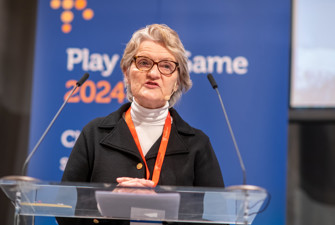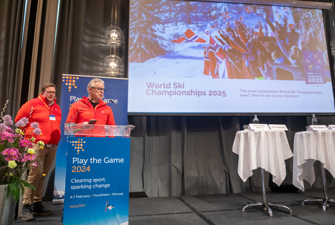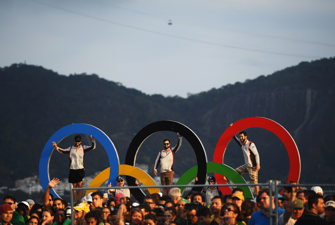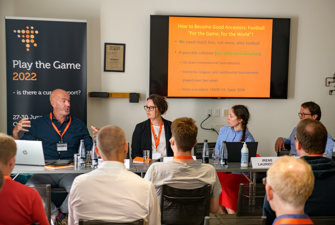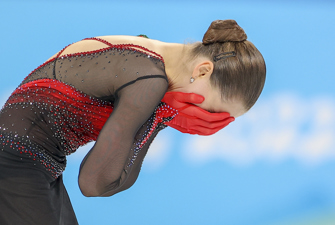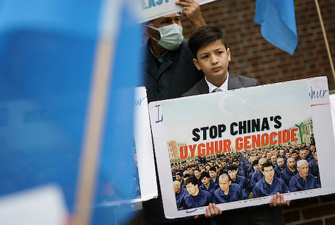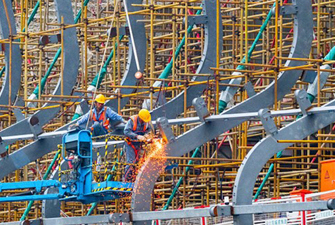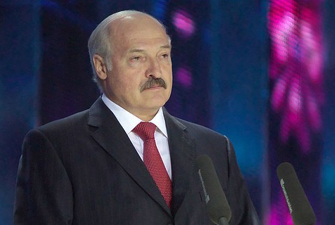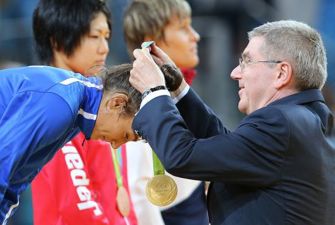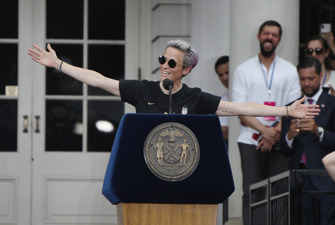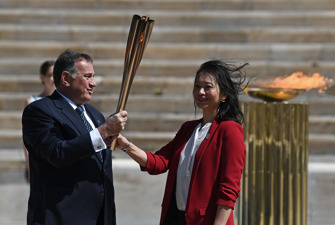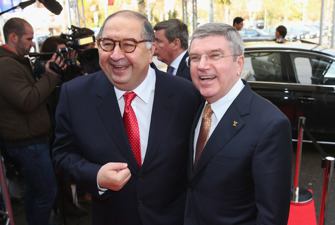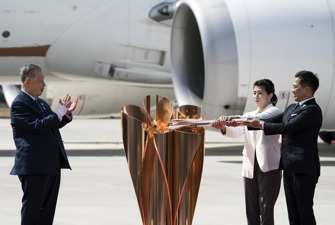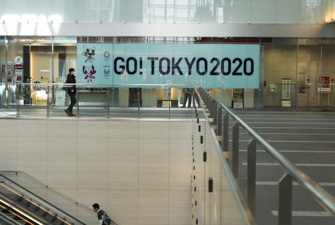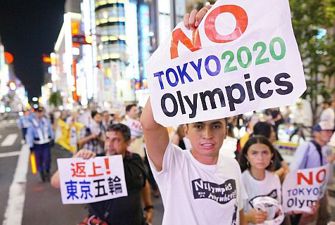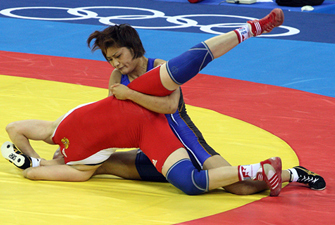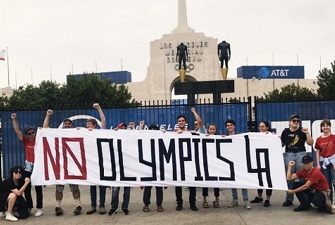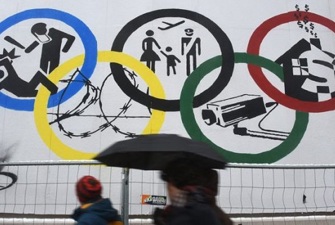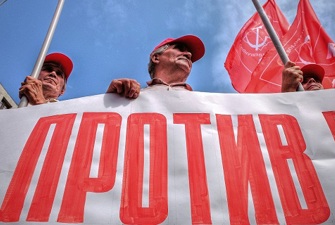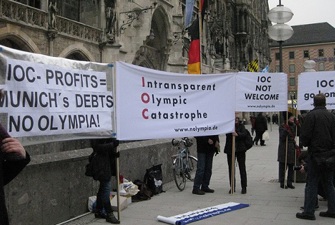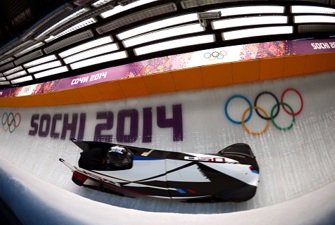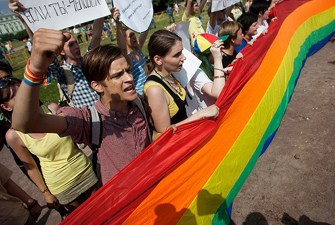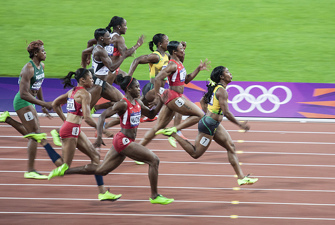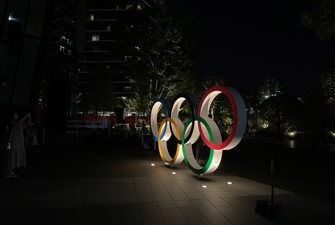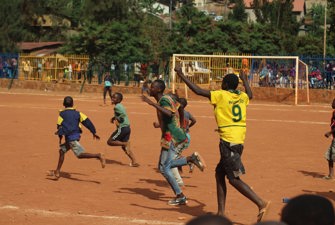Permanent host cities – a sustainable future for the Olympic Games
Choosing permanent Olympic host cities, one on each continent, could help the IOC secure cheaper and more sustainable events while living up to their own Olympic values, argues Igor Kovač in this commentary piece.
Recently, elections for the host city for the Olympic Games 2024 were launched. Agenda 2020, approved by the International Olympic Committee (IOC) at the end of 2014, has brought with it some changes that should have positive impact on future bid races. Although, the IOC still pursues the current model of host city rotation. The evolution within the Olympic movement may bring a different solution.
A warning sign evidenced by some of the Olympic Winter Games (OWG) 2022 candidates reminded the IOC that mature democracies are not willing to accept certain conditions that might threaten either the financial and national stability, or everyday life of communities, cities and regions. These are the countries where responsible use of public money prevails over satisfaction of private ambitions at the expense of the whole. Their inhabitants as well as their representatives are aware that the organization of a two-week fun for thousands of guests could never reasonably exist in priority over the satisfaction of their own real living needs.
The IOC can still rely on countries like China, Russia, Kazakhstan or Azerbaijan, where the level of social responsibility of their representatives is not overwhelming, so they are, further, willing to pay any price in exchange for that ephemeral feeling of pride or satisfaction that comes from worldwide attention. However, the IOC often appears in conflict with its own ideals and values in such cases.
The COHRE organization (Centre of Housing Rights and Eviction) in Geneva in its study from 2007 referred to the fact that organization of the Olympic Games between 1988 and 2008 resulted in relocation of 2 million people. The most severe cases were violent evictions of 720,000 residents of Seoul, South Korea, due to construction works directly related the 1988 Olympics, 25,000 residents of Atlanta or the 1.5 million residents of Beijing, the host of 2008 Olympic Games (COHRE, 2007: 11). We can only add that similar practices could also be witnessed in Russian Sochi, or even in Brazilian Rio de Janeiro. The issue of human rights violations in China, or corruption and bad working conditions for workers building Olympic infrastructure, accompanying the preparation of the OWG 2014 in Sochi are another examples of practices that the IOC should not identify with and that it should not support with its decisions at all.
Living up to ambitions
The IOC’s ambitions for and convictions of the benefits of the games that are presented to the world encountered resistance in recent times, due to the experiences and practices of some of the organizers. Literally, they poisoned the Olympic brand and threatened the existence of the event itself. Nowadays, the IOC responds and makes clear its intention toward lowering the financial demands associated with hosting the games, supported by further steps, such as an effort to decrease the number of accredited participants or an increased geographical flexibility in venue locations.
However, it was revealed right at the beginning of the candidature process for the 2024 Olympic Games that the requirements on human rights protection as well as labor protection are not included within the Host City Contract.
The IOC has the ambition to present the games as a tool for promotion of Olympic values. These are often presented as the highest moral and ethical values. If the IOC is serious about these intentions, it is inevitable -- and a matter of their own integrity -- that the IOC members as well as the members of the entire movement live according to those values and express them as examples. This also includes their ability to not award the games to a country, where those values are not respected, or even take the games to such countries, if there is an evidence of such behavior and conduct. The aforementioned experiences from the past show, that it is not so obvious for the IOC. The size of the event, its demands and time required for its preparation simply does not give too many possibilities for this type of initiatives. Relocation of the event to another city and country is therefore not very likely under the current circumstances.
Permanent host cities
In case the IOC is serious about its reforms, the possibility of choosing permanent Olympic host cities could be a solution, contributing to implementation of the Agenda 2020 even more than it does now. The IOC is definitely able to make agreements with cities and countries, providing the best conditions for the games and at the same time exhibiting exemplary practice of its values. There is a possibility to choose one city on each continent that already possesses the requisite number of existing venues and for the IOC to secure their maintenance via financial support from the IOC. From a financial perspective, it is cheaper than pursuing the current new host city process, and from the marketing and media point of view it should not create a problem either. With a permanent Olympic host at each continent, the media - the most important contributors to the IOC budget – will also crucially have secured acceptable and predictable broadcast times.
History shows that former host cities tend to repeat their Olympic experience in 20 – 30 years time and at least consider another bid for the games. Often, there are former host cities submitting a real bid. From this perspective, the choice of permanent Olympic hosts is quite logical. These cities are definitely able to organize the event within a period of 20 – 24 years. It is a long enough time, so the games do not create excessive burden to them. In the case of the winter games, there are only three continents usually hosting the event – North America, Europe and Asia. It is therefore suitable to choose two permanent hosts geographically located in these environs. The current form of host city rotation remains arguably far more unreasonable an arrangement.
Permanent Olympic host cities give the IOC more space for positive changes. Host cities will have more time for preparation, as the construction will not be such a priority as it is now. Organizers will have even more time to focus on the quality of the event. Each continental NOC taking part at the games could have a possibility to participate in the preparation of the games. Though the national dimension of the games would be decreased, the games will receive more opportunities to be presented as a global celebration of mankind and Olympic values in the spirit of cooperation. This could diminish or eliminate the negative effects of nationalism and demonstrations of power.
The IOC still declares that the games are organized especially for the athletes. However, history exemplifies a different experience. Distances between the venues use to be sometimes unbearable and their quality is not always in consent of sports federations. Athletes usually do not care about the host city, where the event takes place. Their priority is the performance at the games and quality of the conditions they will experience at the event itself.
IOC member Richard Pound noticed in his book “Inside the Olympics” that the choice of the host city is often not a matter of quality conditions, but rather a matter of where the wives of the IOC members want to go shopping. He confirmed with this statement that there are enough of those within the movement and among the games participants, for which travelling and sightseeing for their own amusement is still a higher priority than the price being paid for such a hobby.
Modesty could lead to more sustainable events
Sustainability of the event would be increased with permanent host cities even more than it is today. The world simply does not need more ski jumps, toboggans, velodromes, etc. Taking long-term perspective, it is simply not acceptable. The environmental ambitions and responsibility that the IOC declares could simply be achieved through its own modesty and self-control, so it will not support further construction and environmental impacts. The IOC′s argument that it helps promotion and development of sport in a country is not necessarily a sound one. This goal can be achieved through the creation of projects much smaller and less costly than the Olympic Games and with more effectiveness.
The potential of the games in terms of urban transformation and revitalization of host cities is obvious and it is often presented as one of its most important benefits. Unfortunately , in reality, it is the gentrification that often hides behind this popular label. The Olympic parks in Beijing 2008, London 2012 and Rio 2016 are typical results exemplifying this process. Evictions of low income residents, loss of jobs, or decreased availability of affordable housing could be potentially avoided with permanent host cities. In fact, they should be avoided anyway, considering the IOC′s popular motto “Celebrate humanity”. It seems superficial, talking about humanity and witnessing those situations.
In addition, the scope of urban projects related to the games always exceeds the needs of local communities. The last example of the Boston 2024 bid declares that the needs of city residents have little common with an 80,000 seat stadium even in a demountable mode. The people in Boston simply refused to support a single financially demanding project, because they expect from their city representatives the development of more, smaller and cheaper projects directly focused on the improvement of their living conditions. History and the Bostonian example show that the specifics of certain sport venues still represent a burden to host cities and remain “an inevitable evil” that they do not need to build, nor for which they could seek solutions for post-Olympic use.
The Olympic Games simply do not need more venues and the IOC, through the adoption of the Agenda 2020, is aware of that. Through the selection of permanent Olympic host cities it would bring its intentions even more precisely into reality.




